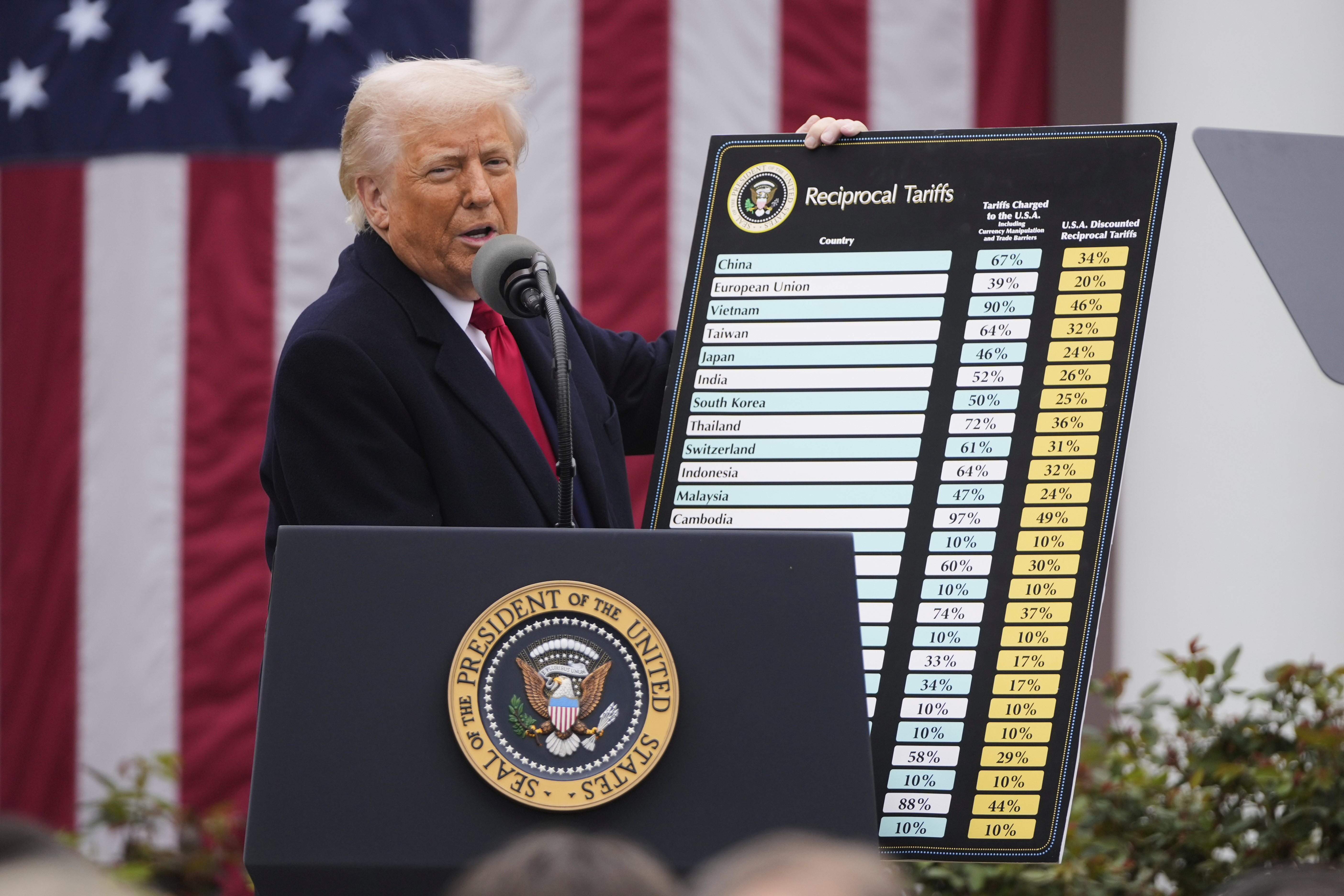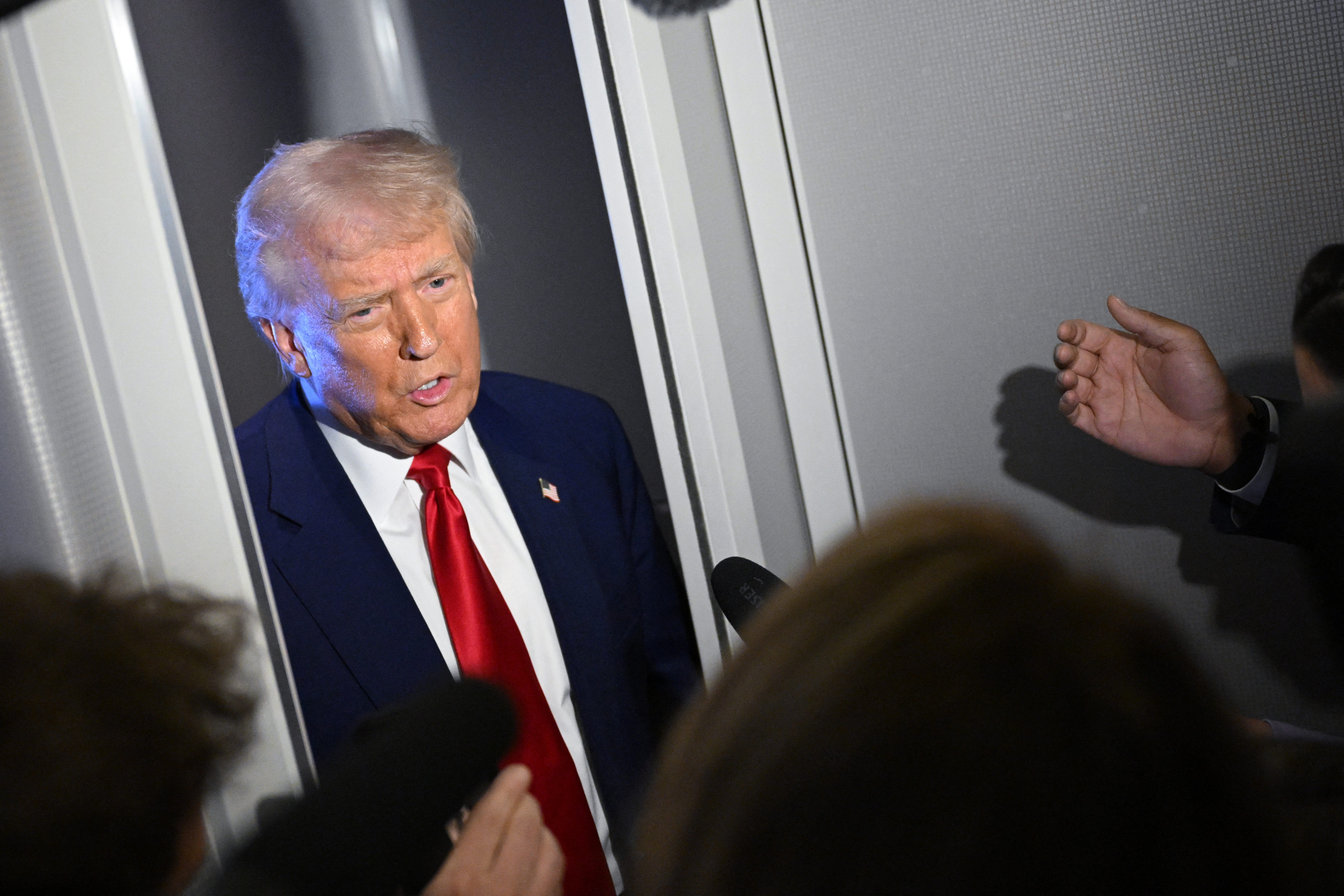The prices of many products are expected to go up after President Donald Trump announced sweeping tariffs.
People across Massachusetts are bracing for the impact of the sweeping tariffs President Donald Trump announced Wednesday.
At the Commonwealth Wine School in Harvard Square in Cambridge, the wines may be aging well, but the tariff announcement is not. All the buzz is over what it could mean for business.
WATCH ANYTIME FOR FREE
Stream NBC10 Boston news for free, 24/7, wherever you are. |
"It is a major, major issue that everybody is talking about," said Jessica Sculley, founder and director of Commonwealth Wine School. "The uncertainty, but if you are a producer — large or small — and 50% of your exports are going to the United States, that is a major cut to your bottom line."
Get updates on what's happening in Boston to your inbox. Sign up for our News Headlines newsletter.
Get updates on what's happening in Boston to your inbox. Sign up for our News Headlines newsletter.
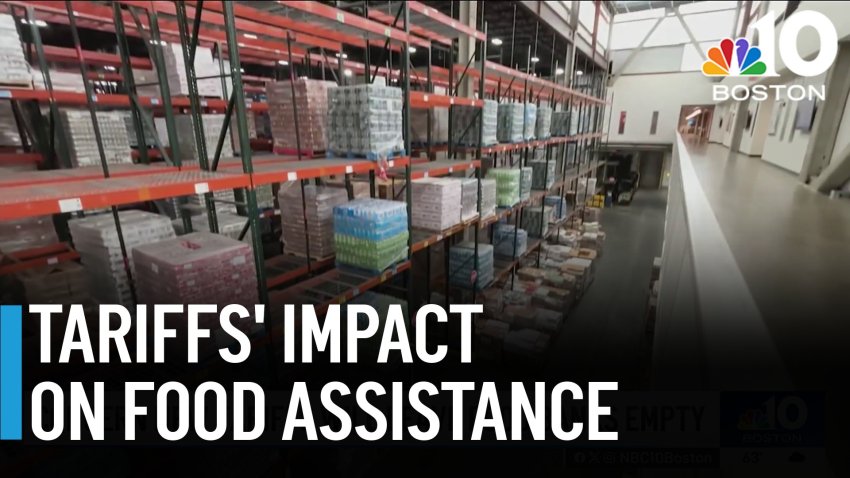
To the west, Marra Flooring & Design in Ashland is watching the price of things closely. Most of the product there comes from Europe and Canada.
"It's tough, because you don't want to raise your prices, and you want to remain competitive, which it makes it difficult without having any tariffs," said Robert Marra, owner of Marra Flooring & Design. "But we are going to eat it on our end as long as we can."
Local companies spent Thursday digesting what Trump's tariff announcement could mean on their bottom lines and their businesses.
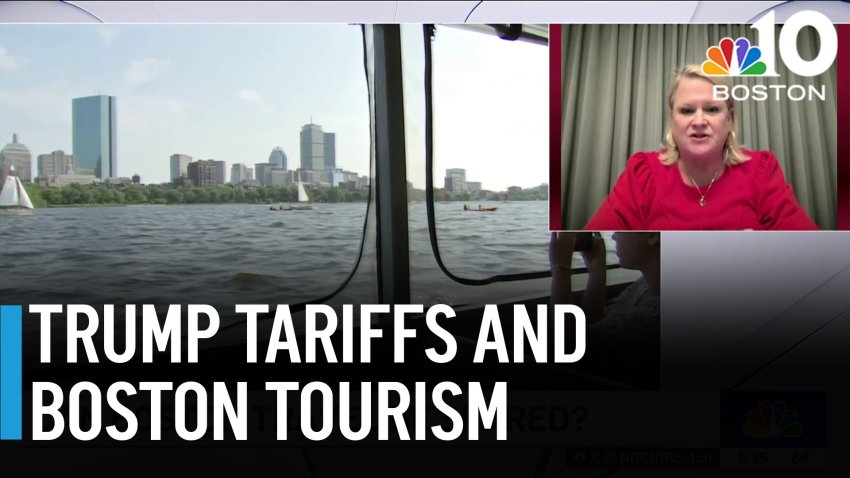
"My phone absolutely blew up, people were quite surprised," said Jonathan Isaacson, executive chair for Gemline, a consumer promotional product company. "The very short answer is that it means higher costs for everybody across a range of goods."
Economists tell us at a minimum, anything imported will be hit with a 10% tariff. Automobiles will be hit with a 25% tariff, and clothes made in China, Vietnam and Bangladesh will face tariffs of 34%, 46%, and 37%, respectively.
"What's coming is higher prices — higher prices in particular for things that you might find in Walmart and Target, sort of articles of everyday use," said Boston University economist Tarek Hassan.
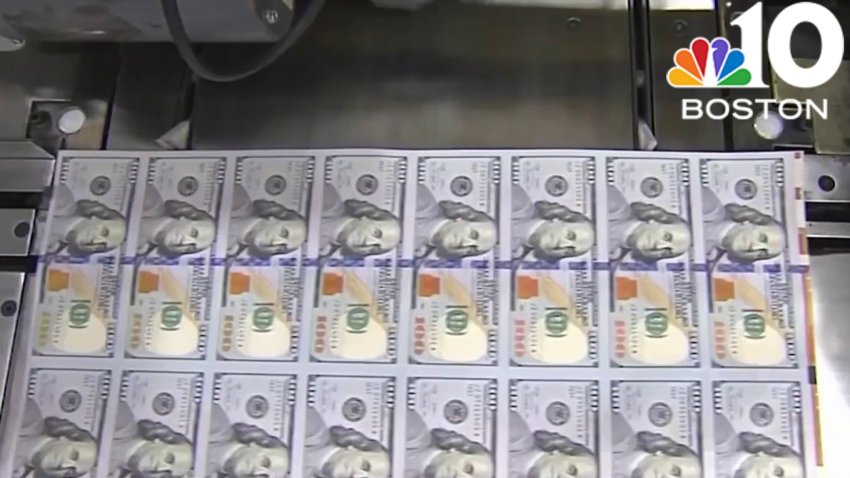
Economists say perishable items like produce at grocery stores will go up in price first, with everyday items to follow.
"We are now talking about an inflation shock to the whole economy," Hassan said. "I think the economics community is pretty shocked."
"Many things from China are going to get way more expensive," said Brad Hershbein, senior economist at W.E. Upjohn Institute For Employment Research. "A lot of things that are assembled in the United States rely on foreign components, especially cars, so they will also be affected."
The experts say they will be watching to see if any of these tariffs are renegotiated or rescinded and what, if any, impact that will have on prices, as well.

